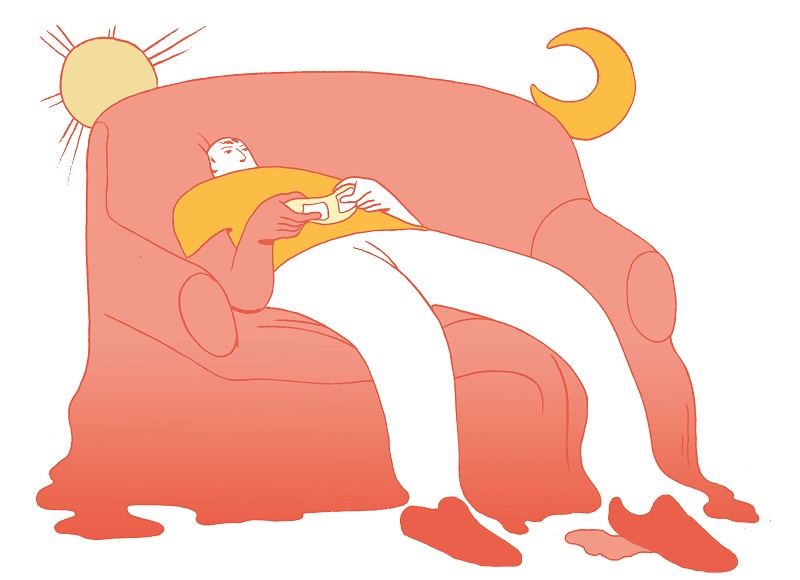“It was so unhealthy,” says one user about time-consuming video game mode
A few weekends ago, I played 40 games on FIFA 18, and there was a good reason for it.
In the game’s flagship mode, FIFA Ultimate Team, there’s a competition called Weekend League, which allows users to play up to 40 games every weekend, from Friday through Sunday, and earn prizes based on their number of wins. To qualify for this mode, the user must win a mini-tournament during the week, or have earned 11 wins in the previous Weekend League.
After I won the mini-tournament during reading week, I qualified for the Weekend League from Feb. 23 to 25. Although I have qualified for it twice in FIFA 17, it was the first time I qualified in FIFA 18. I played 20 games on Friday, and then 10 on Saturday and the rest on Sunday, winning 14 games over the entire weekend. I qualified for the following Weekend League, but only had time to play three games.
Some of the best FIFA 18 players in the world compete in the Weekend League on a regular basis. For eSports gamers, or at least fans of FIFA 18, it’s a serious competition but also takes serious commitment.
Playing 40 games in 72 hours is not an easy task. Let’s do the math: each game takes about 20 minutes (and up to 30 minutes if the game goes to extra time or penalties), so that’s at least 800 minutes of playing, which is over 13 hours. Imagine spending an entire half-day of your weekend just playing video games—that’s what many players do every weekend.
The Weekend League also takes away from a user’s social life. Personally, I didn’t feel like that, because I made plans throughout the weekend (which were eventually cancelled), and I still played hockey on Saturday night.
However, for others, the Weekend League takes over their weekend. The Concordian took to reddit to see how other users cope with balancing their social life and playing this mode.
“I’m 29, have a family to provide for and work full-time including Saturdays, so I’d have to sacrifice doing anything Saturday night to get my games in,” wrote one user, Stephen B. “It got to the stage where I was snapping at my family and friends all the time, neglecting my social life and thinking of FIFA every minute of the day. It was so unhealthy.”
Another player, Mark P., said he also had to play his games late at night—sometimes until past 3 a.m. “Working all week and then cramming 40 games into a few remaining weekend hours makes it feel like a chore,” he wrote.
Some players wrote they don’t play all 40 games, but rather play until they get 11 wins—the minimum needed to qualify for the next Weekend League. Those who use that strategy said they have more free time during the weekend, and the game is not a burden.
Video games should be fun, and not something that dictates your weekend. Yet, EA Sports has turned this video game into a social life-killer and a chore.
Former Concordia student Mike K. wrote he used to play all 40 games in FIFA 17, but now that he works 18 hours over the weekend, he can’t play as much. He said he used to prioritize the video game over other activities, too.
“I don’t think something can be a hobby when it’s forcing you to spend about eight hours [a day] on it during the weekend,” he wrote. “I’d classify it as an obsession for those who sacrifice other activities to complete it on a weekly basis.”
The reddit users requested only their first name and last-name initial be used.
Main graphic by Alexa Hawksworth.
